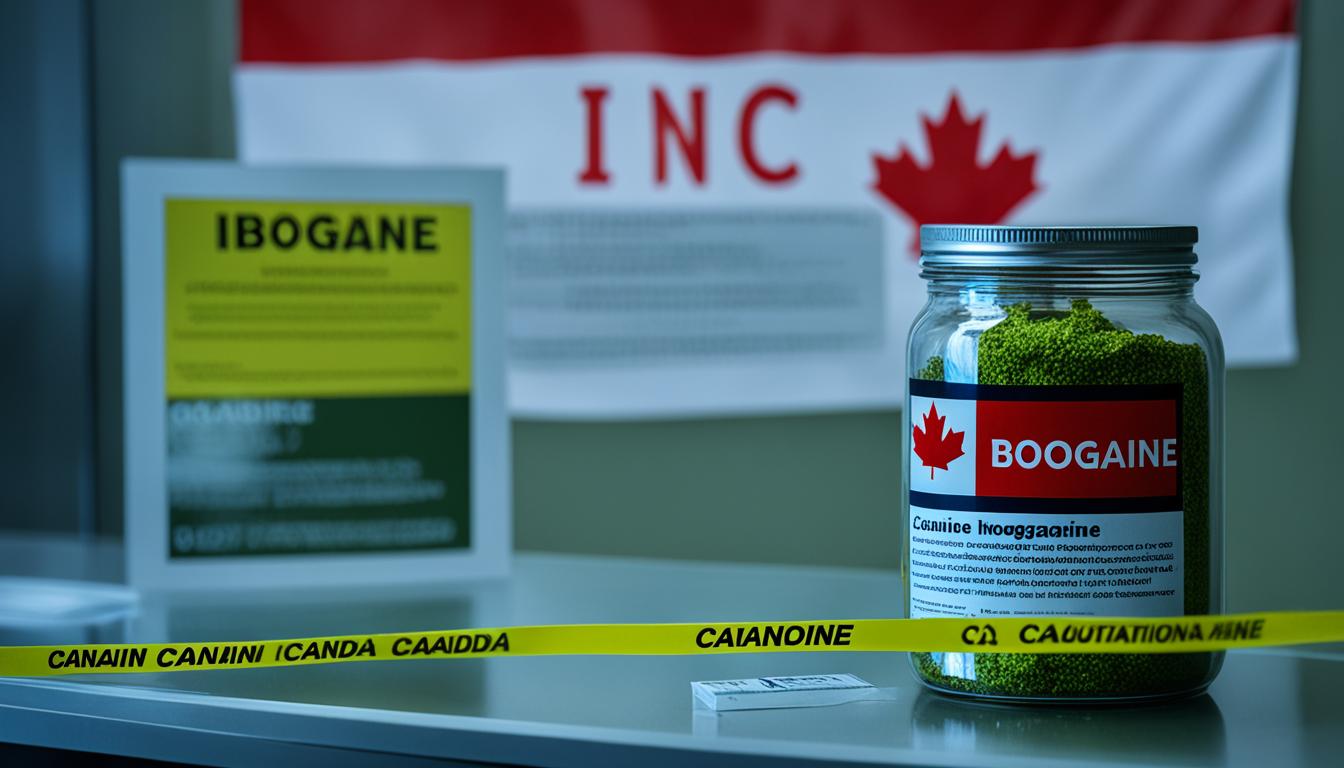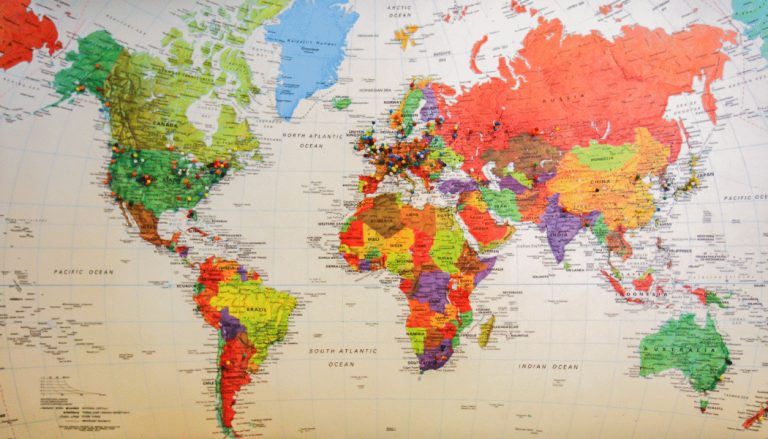Is Ibogaine Legal In Canada?

Ibogaine is a substance that comes from the Tabernanthe iboga plant. It’s known for possible health benefits. In Canada, its legal status is confusing. Different places in Canada have their own rules about ibogaine, making it a complex issue.
To understand ibogaine’s legality, we look into Canadian laws. These laws weigh the good and bad of ibogaine. We start by discussing its controversial aspects. This prepares us for a closer look at the specific rules in various regions.
Key Takeaways
- Ibogaine’s origin is the Tabernanthe iboga plant.
- The substance’s legal status is complex and varies across Canadian jurisdictions.
- Canadian ibogaine regulations balance potential therapeutic benefits with associated risks.
- Understanding ibogaine legality in Canada requires examining both federal and provincial laws.
- This section sets the stage for exploring the detailed regulatory frameworks governing ibogaine.
Current Legal Status of Ibogaine in Canada
To grasp the legal status of ibogaine in Canada, one must look into both federal and provincial laws. This complicated legal setup affects ibogaine’s availability and rules within the nation.
Federal Regulations
At the national level, ibogaine falls under Health Canada and the Controlled Drugs and Substances Act (CDSA). It’s placed in Schedule III, limiting its use, owning, and sharing. To use ibogaine for health or study, one must get special okays and permits from Health Canada. This strict procedure is meant to lessen risks tied to entheogenic substances that Canada treats as controlled.
Provincial Regulations
Different provinces in Canada have different rules about ibogaine. In British Columbia, authorities might be more lenient about using ibogaine for healing. But in Ontario and Quebec, the rules are tighter and closer to what the nation decides. This means where you are in Canada can change how you see ibogaine’s legal standing. Understanding both the big picture and local legal scenes is crucial.
The way provinces handle ibogaine shows how important location is when applying these rules. People and workers must know their area’s laws well to stay out of trouble and follow the law.
Ibogaine and Canadian Drug Laws
In Canada, ibogaine is under strict regulation due to its classification. It’s not approved for medicine, leading to major legal issues for those who have or share it. This strict stance is part of how Canada manages drugs, often resulting in tough penalties.
Using or giving away ibogaine without permission can have serious legal consequences. The Controlled Drugs and Substances Act (CDSA) sets these rules, playing a key role in how ibogaine laws are seen in Canada. If you’re caught with ibogaine without the right approval, you could face criminal charges.
The laws on ibogaine in Canada form a complicated picture. Different court cases have tried to sort out how legal ibogaine is. These cases show the big challenges those wanting change face in this area.
“Ibogaine’s potential therapeutic benefits are overshadowed by the stringent legal framework in Canada. Advocacy efforts are crucial in addressing these challenges and fostering a more inclusive approach to alternative treatments.”
Change might be on the horizon for ibogaine laws. Groups who want reform and scientists see its potential benefits. They’re working to change policies to recognize the good ibogaine can do. This push aims to find a good middle ground between public health and the law.
Ibogaine and Canadian drug laws are at a crucial turning point. Understanding this situation helps those involved make better choices. Moving forward, continuing to push for change and educate others is key in making new rules for ibogaine in Canada.
| Aspect | Description |
|---|---|
| Classification | Ibogaine is classified as a controlled substance under Canadian law. |
| Penalties | Unauthorized use or distribution can lead to significant legal penalties. |
| Legal Precedents | Various cases have shaped the interpretation and enforcement of ibogaine-related laws. |
| Potential Reforms | Advocacy for policy changes highlights the need to recognize ibogaine’s therapeutic benefits. |
Psychedelic Therapy and Ibogaine Treatment in Canada

Lately, Canada has shown a big interest in psychedelic therapy. This increase in interest comes from evidence showing how these therapies can help with mental health and addiction. One substance getting a lot of look is ibogaine. It’s a plant medicine known for its big impact on addiction and mental health healing.
Role of Ibogaine in Psychedelic Therapy
Ibogaine comes from the root bark of the Tabernanthe iboga plant. It has been promising in treating addiction and mental health problems. It gives a deep, introspective experience which often leads to long-lasting recovery. It’s important in the growing psychedelic therapy movement in Canada, with lots of scientific and anecdotal evidence supporting it.
Availability of Ibogaine Treatment
Finding ibogaine treatment in Canada can be tricky because of legal and regulatory issues. Some clinics offer it under special research exemptions, while others are in a legal grey area. Despite the challenges, there’s a growing industry for these treatments. Getting these treatments depends a lot on if the provider follows Canadian laws on controlled substances.
Research and Clinical Trials
There’s more and more research on how safe and effective ibogaine is in clinics. Various research and clinical trials in Canada are looking into how to use this plant medicine in regular healthcare. These studies are trying to prove it works and look into how much to use safely, and what the long-term effects are. Top researchers and places in Canada are working hard to combine traditional medicine with today’s healthcare practices.
| Research Area | Institution | Key Findings |
|---|---|---|
| Addiction Treatment | University of British Columbia | Positive outcomes in reducing opioid dependence |
| Mental Health | McGill University | Improvement in PTSD and depression symptoms |
| Safety and Efficacy | Centre for Addiction and Mental Health | Establishing safe dosages and protocols |
Exploring psychedelic therapy and ibogaine treatment in Canada is at the forefront of new healing methods. As research moves forward, it’s vital to address legal and ethical issues. This will make sure treatments are safe and effective for those who need them.
Ibogaine’s Potential as an Alternative Healing Method
As alternative healing gains traction in Canada, ibogaine’s potential as an alternative healing method is getting noticed. It comes from the Tabernanthe iboga plant. Indigenous cultures have long valued it for its deep healing effects.

More and more, holistic health uses ibogaine, showing big benefits. People share how it has changed their lives, helping with addiction and mental health. Such stories bolster the interest in alternative healing Canada.
The table below outlines key aspects of ibogaine’s therapeutic promises and challenges:
| Aspect | Details |
|---|---|
| Therapeutic Potential | Evidence suggests ibogaine can help address opioid addiction and other substance dependencies. |
| Historical Use | Traditionally used by indigenous peoples for spiritual and medicinal purposes. |
| Sustainability | Concerns about ethical sourcing and environmental impact are paramount. |
| Regulatory Status | Ibogaine’s legal status varies, posing challenges for its wide acceptance in mainstream medicine. |
| Risks | Potential side effects and the need for medical supervision underline the necessity of cautious use. |
The interest in ibogaine’s potential as an alternative healing method is still growing in alternative healing Canada. The future discussion will focus on ethical and sustainable use. It will shape how ibogaine is used in holistic health.
Conclusion
Understanding if ibogaine is legal in Canada involves dealing with many rules. This article explored Health Canada’s view, the Controlled Drugs and Substances Act, and how rules vary in provinces like British Columbia, Ontario, and Quebec. The laws show how hard it is to balance regulation with ibogaine’s possible benefits.
Ibogaine’s role in psychedelic therapy and its promise as a healing method stands out, despite its controlled status. It has helped in addiction recovery and mental health in clinical trials and stories from people. But, legal questions still cloud ibogaine treatment’s availability, and research is trying to overcome these hurdles.
The debate on ibogaine treatment in Canada isn’t over yet. The changing drug policies, public interest, and research hint at a future where ibogaine could be more accepted, if properly regulated. For those thinking about ibogaine for healing, knowing the legal side and staying up-to-date with laws is vital. The conversation among policy makers, scientists, and public health experts will surely influence ibogaine’s future in Canada.






